Jon Younger
Author, Forbes Contributor, Human Cloud Partner,
'Godfather' of the Freelance Revolution
Leaders,
Jon Younger is the ‘OG’ of our industry.
He recently led the most comprehensive global study on freelancers with the University of Toronto.
In this episode he broke down quantitative and qualitative data like how there’s 15 million full time freelancers, about 45 million part time freelancers, and gave insights into the top 3 needs of freelancers – Autonomy, Agency, Affiliation/Community.
He also broke down why he got into freelancing in the first place, and what the freelancing platforms of the future need to be successful.

Our Favorite Quotes
What’s The Impact of The Great Resignation?
“The great resignation is the Great Awakening. And there are two categories of people that are leaving their jobs, people who feel exploited and people who feel empowered, the people who feel exploited are very often the folks that haven’t been treated with the kind of respect, etc, the people that feel empowered are the people that realize that they have a strong economic argument for independence. And, and I know that you guys have written about that in your wonderful book. And I think it’s absolutely true, I think what people are experiencing more than anything else, it is that they can make it independently, they can create a better life. And freelancing has made that possible by giving so many people the opportunities.”
“If you think about it, sidekicking wasn’t about just making extra income. It was an insurance policy that said, I can make it on my own if this doesn’t work out.”
“What we’ve got are 45 million folks in the US alone out of the 60 million that are supposedly freelancing, and who knows the real number, but let’s assume that that’s the case, the way that I get to the 45 million is I divide this, I subtract from the 60 million, the data from Steve King’s work and the data from Mary Meeker’s work and I get to about 15 million full time, freelancers, which means we’ve got about 45 million part time.”
HUGE: 15 million full time freelancers, about 45 million part time.
“And every one of those is discovering that they can make it on their own, that they can be solopreneurs, that they may in fact be entrepreneurs at some point in time. And when you think about that, the most important thing that I take away is have employers understood that this is a different population, it’s a different situation, etc, etc. And so I’m pretty excited about where the world is going. And I’m pretty excited about the future of freelancing. And I think that companies are making a big mistakE by thinking that they have people over a barrel that the Freelancer is just kind of available on demand. Well, it ain’t true.”
“The war for talent is not just a war for full time talent. It’s also a war for freelance talent. Freelancers have choice, they have options. And they’re not going to work for companies like better calm, that treat them badly, or it’s just not going to happen.”
Why do we need freelance platforms?
“One of the extraordinary benefits of a freelance platform is that you’re now part of a community of people.”
“Some platforms work well, some forums don’t work as well, in terms of building community. But for those that work particularly well, you’re in a community of mutual support and mutual encouragement. So you’ve got the information, asymmetry reduced, you’ve got the insurance of knowing that I can make it and what we know is that freelancers have been as encouraging and as competent as full timers is very different than people were temporarily looking for work. And we know that people are feeling like they’re they’re part of a of a larger community, a larger revolution, who’s moving forward.”
“The three things that people want are greater autonomy, greater agency, and greater affiliation or community.”
“People want: Autonomy, Agency, Affiliation/Community.”
What can we expect in the next 5 years?
“60% of freelancers said they were committed to freelancing, and 60+% percent said either that they had more work than they could handle themselves, or they had sufficient work. Only 38% of folks said, we don’t have enough. And again, because of that about 60-62% said, I feel that I will meet my financial goals, which I think is really, really powerful.”
“60% of freelancers said they were committed to freelancing, 62% have enough work, 38% don’t have enough work.”
“Part of the message here is that freelancing is not easy. In order to be successful as a freelancer, you’re essentially doing the same things as any small business person would do. You need a brand, strategy, constantly reaching out to clients, a platform of work that you’re going to be doing, and to know where you’re going to be in 1-3 months, all of those things are important. In addition to that, what the platform must do is support and encourage you.”
What should the role of freelance platforms be?
“Awfully important that the platform’s move from the hub and spokes kind of reality that says we want a relationship with each of you, but we don’t necessarily want you to have a relationship with one another.”
“The only way for freelancers to be successful, is that they’re teaming up and working together to get larger and more work done. So we’ve got a challenge in terms of thinking through how we present freelancing to the world. I don’t think the platform is the answer. But I don’t have a better answer right now.“
What do freelance platforms need to do to be successful?
“I review the data on what platforms need to do to be successful, the first thing they need to do is get people work. We know that the big platforms are providing work for about 5%, maybe 10% of people, we know that there are other platforms that are providing between 10 and 20. But for the most part, it’s very hard to get past 20%. You see a few platforms doing much better. But they’re the exception rather than the rule.”
“Big platforms are providing work for about 5-10% of people.”
“Second thing that people want is they want to know that there’s a continuity of opportunity, they want to see work flowing through the platform, because that’s their basis for deciding whether they have the confidence that they want to continue to be part.”
“Third, people want help with the business of the business. People want help with their administrative tasks. And they want support in a variety of their they not sure that they can get themselves in some of that may be arranging arranging an LLC or an S corp, some of that may be getting a nice picture cover picture for their CV, some of them may be helping them to build their profile. Some of it may be the kinds of connections that platforms are increasingly looking to make with ecosystem services that provide value to freelancers. For example, what we know about freelancers is it’s hard to get a mortgage, it’s hard to get credit, it’s hard to to, to deal with a lumpiness of freelance work, and income smoothing becomes really important, all of those things that are ways that the platform can help freelancers to feel like they’re managing their their careers, their jobs, their companies more effectively.”
“The fourth is that they really want help in staying up to date, they need to be future proof. It becomes really important for freelance platforms to provide that service of continuing education, continuing insight, continuing updates in what’s going on in the industry, so that they can they can help their freelancers be successful. That problem is why you get the network effects with big numbers of Fiverr or Upwork, or freelancer.com.”
“Fifth, they want to affiliate and be a part of something bigger than themselves because that’s how they stay alive. They’ve got to feed the inner beast that says, help me to be more autonomous, help me have greater impact, and help me feel like I’m part of a community that’s growing and building my skills and the skills of others.”
5 Things freelance platforms need to do:
Get work
Continuous streams of opportunity
The business side
Continuing education
Affiliation
“We’re entering a phase where corporations have got to be building a different kind of workforce, it’s got to be a flexible, blended workforce. Nobody can afford to own all of the stuff that they need to own for now in the future.”
“Three quarters of them [freelancers] are side kickers. They may do one project, they may do two projects, but they’re fully employed and doing this on top. So we can’t build a freelance revolution based on sidekickers, this is just impossible. We need full timers in this revolution.”
“One of the challenges is how do we teach organizations to be better customers of freelancing? Because right now, they’re not very good, what we learned from our research, and you saw the data, that 45% of folks said, my typical client knows how to work with freelancers.”

Freelance Terminal
Take competitive intelligence to the next level
Your exact insight is just a click away. We use AI to aggregate, synthesize, and deliver custom insights for your unique need.
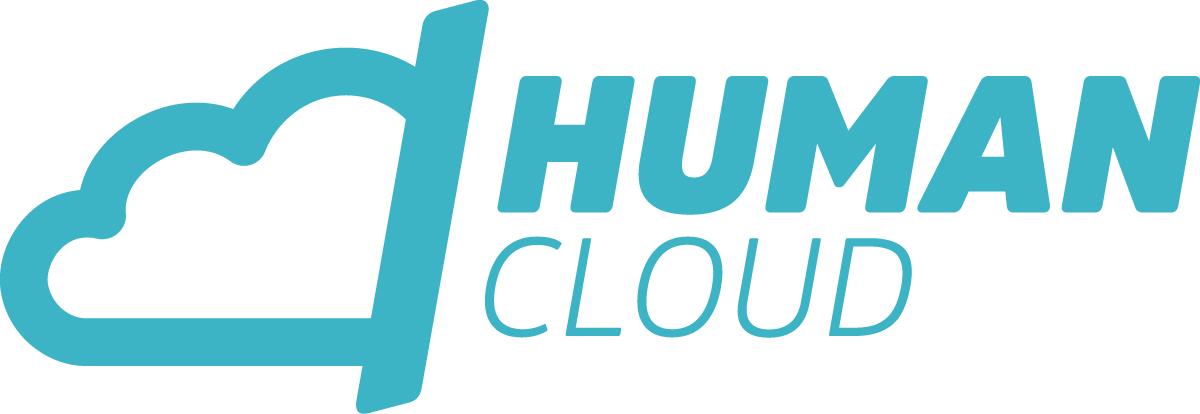

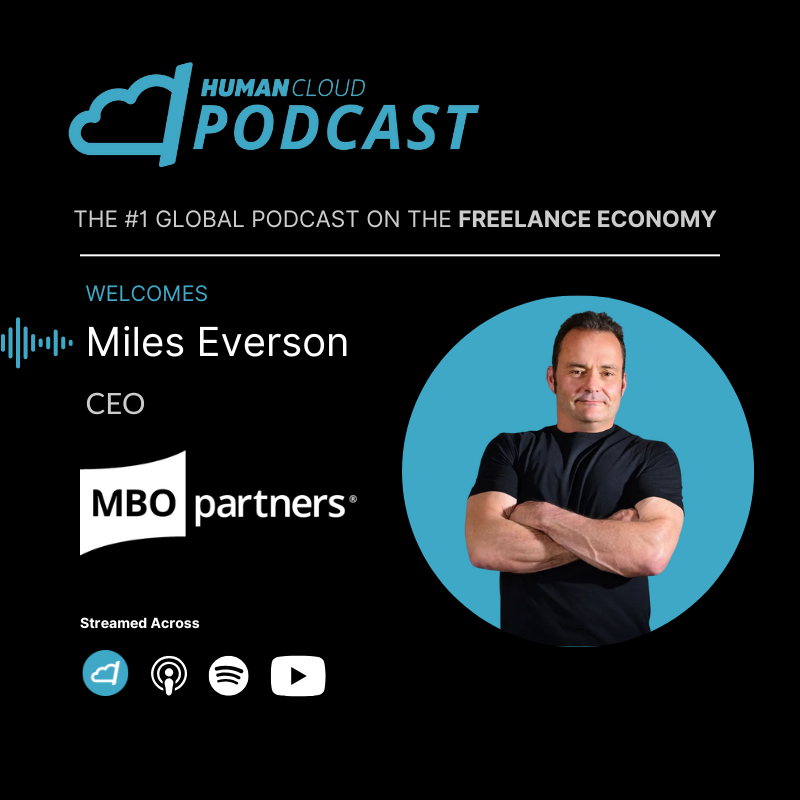
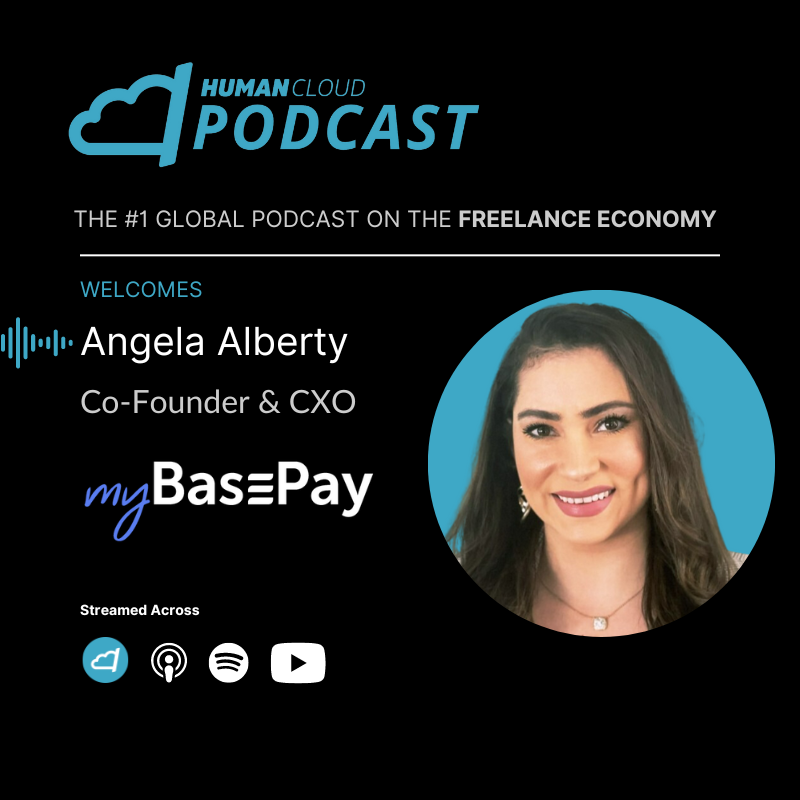
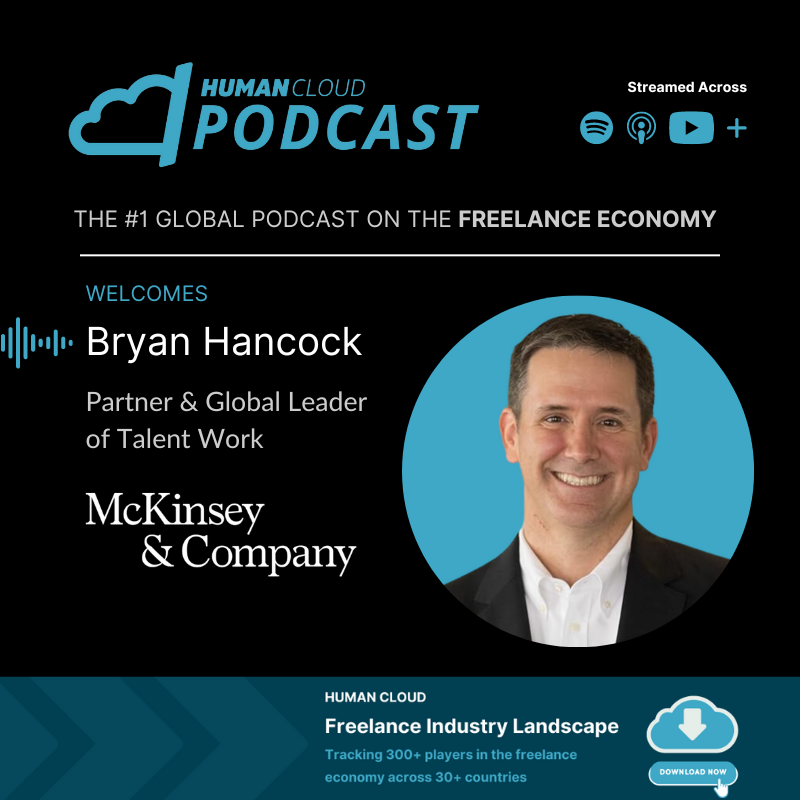
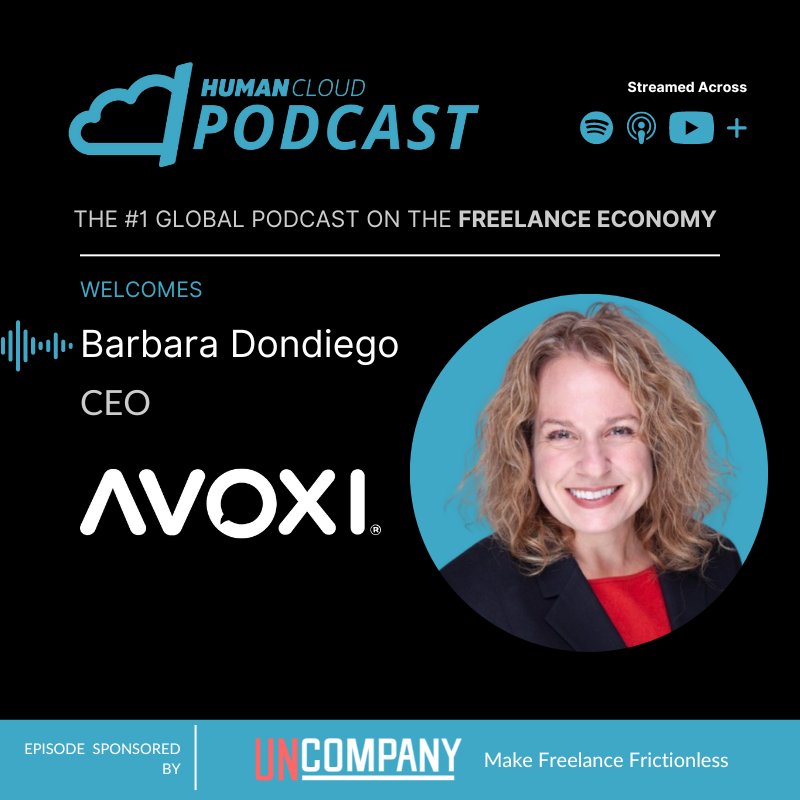
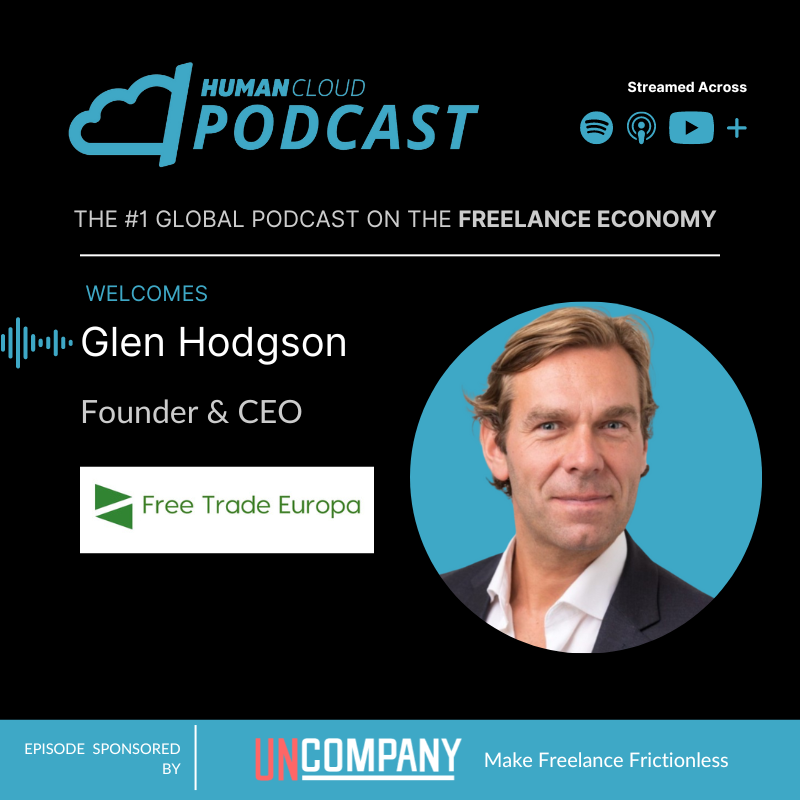
 ACCESS TREND TRACKER
ACCESS TREND TRACKER 